Do Speaking Clubs Boost Math Confidence? – The Power of Communication and Logic
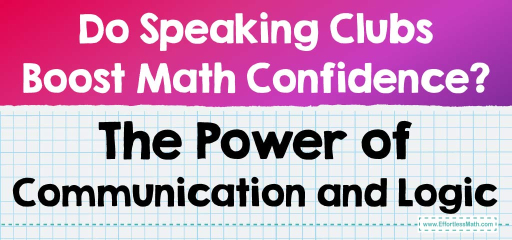
Introduction
Mathematics is a complex subject, but not a tricky one. We say complex because of its view from different people. Some people find it difficult to do, and some love math.
However, lately, a question that’s been bouncing around: Can talking help someone get better at math?
Sounds weird, right? Math is about numbers, and speaking is completely different from words, pronunciation, spelling, and gestures as well. While you think speaking is common and has no additional benefit, you are losing it here. There is more to it than you are missing.
Don’t worry! We will guide you through if you want to get better at mathematics.
Math Anxiety Is Real, Where Confidence Is the Cure
Let’s start with the obvious fact that a lot of people hate math. Not because they are bad at it, but because they think they are. That is fear! Or you can call it math anxiety!
In a 2017 study of 903 middle schoolers, researchers found that students with higher confidence in math, not necessarily higher ability, performed better on tests. Confidence matters. Big time.
And guess what builds confidence? Speaking. Sharing. Explaining.
Speaking Clubs: The Real Catch
Speaking should not be the sole skill of politicians, but it has more purpose to use. Now think about a shy kid joining a debate club. At first, they mumble and avoid eye contact. But slowly, they start speaking up. They learn to argue, to reason, to listen.
That same kid walks into math class and is not afraid to raise their hand anymore. They are not scared to be wrong. They’re thinking out loud. They’re solving problems with words, not just numbers. That’s the magic of speaking clubs.
Talking = Thinking
When you explain something to someone, you understand it better first. It’s science!
The National Council of Teachers of Mathematics (NCTM) says that math talk helps students clarify ideas, build arguments, and see different perspectives. It’s not just fluff, but fundamental.
Also, it is not just for math whizzes but English language learners, shy students, and even kids with learning challenges. They all benefit from structured speaking opportunities.
But wait! Isn’t Math Supposed to Be Quiet?
Traditionally, math class is silent. The teacher talks. Students listen. Then they solve problems alone.
But this model is now outdated in 2025. The more you brainstorm, the more you understand!
New research shows that verbal reasoning, the ability to explain and justify, is tightly linked to math success. Kids who can talk through a problem are more likely to solve it correctly. And retain it.
So yeah, maybe math class should be a little louder.
Debate + Math = Logic Explosion
Let’s talk about debate clubs. They are not just about arguing, but it is more about logic, structure, and evidence. All of these are core to math.
When students learn to build arguments, they also learn to build proof. When they learn to spot fallacies, they learn to spot errors in equations. It’s the same muscle that flexed differently.
In fact, some schools are now blending debate with STEM. Students debate math theories, present solutions, and critique each other’s reasoning. It’s wild. And it works.
Safe Spaces to Be Wrong
One of the biggest barriers in math is fear. Fear of being wrong and dumb. No one wants to look or present themselves like that or be in such a situation.
Speaking clubs actually help one focus on growth with safe spaces. Kids learn that mistakes are okay. Being wrong is part of learning.
And when does that fear fade? Confidence blooms.
Math clubs that incorporate peer-led discussions see reduced math anxiety and increased participation. Students start seeing math as a conversation, not a test.
Language Matters a Lot
Most people miss the fact that language is math’s secret weapon.
Think about word problems and tricky phrasing. “If Jack had two apples and ate one…” — you need to understand tense, pronouns, and context to solve that.
Kids with strong language skills built through speaking and listening do better in math. So when we help kids talk better, we help them think better. And that includes math.
What Teachers are Saying
Teachers who have embraced math talk are seeing results. For instance, one educator shared how her sixth graders lit up when asked to explain their work on the board. Suddenly, they weren’t just solving problems but were owning them.
The teacher’s “revoicing”, repeating a student’s idea to clarify it, saw shy students start participating. Just hearing their thoughts echo back gave them confidence.
These aren’t isolated stories. They’re part of a growing movement.
Do Speaking Clubs Boost Math Confidence?
Short answer: Yes!
Long answer: They build skills like communication, reasoning, and confidence. These are skills that math needs. They help kids see math not as a scary subject, but as a puzzle they can talk through.
And when kids believe they can do math, they are real.
Let’s Talk About It
Whether you are a teacher, a parent, or just someone who cares, think about this:
- What if the key to better math scores isn’t more worksheets?
- What if it’s more conversations?
Speaking clubs, math talks, and debate groups are not just extracurriculars but are confidence factories. And in a world where math anxiety is holding kids back, maybe it’s time we talked our way forward.
Frequently Asked Questions
How do you add and subtract mixed fractions?
Adding and subtracting mixed fractions can seem daunting at first, but like discussing complex topics in speaking clubs, it’s about breaking the process down into manageable parts. First, convert each mixed fraction to an improper fraction, where the numerator (top number) is greater than the denominator (bottom number). Then, if the denominators are not the same, find a common denominator and adjust the numerators accordingly. Finally, add or subtract the numerators as required, and simplify the fraction if possible. This methodical approach not only helps in math but also in enhancing logical thinking in discussions, much like those in speaking clubs.
What is a quantitative formula?
A quantitative formula is a mathematical equation used to describe a relationship between variables using numbers and operational symbols. For example, in finance, the formula for calculating simple interest is \(I = P \times r \times t\), where \(I\) stands for interest, \(P\) is the principal amount, \(r\) is the rate of interest per annum, and \(t\) is the time in years. These formulas are essential tools in various fields, helping to solve problems and make predictions based on quantifiable data. Understanding and applying quantitative formulas can boost confidence in handling complex math problems, much like participating in speaking clubs can enhance confidence in communication skills, relevant in both everyday situations and academic settings.
Is a chord equal to its arc?
In the context of geometry, a chord and its corresponding arc in a circle are not equal. A chord is a straight line segment whose endpoints lie on the circle, while the arc is part of the circle’s curved perimeter enclosed by the chord’s endpoints. Thus, while they connect the same two points, the arc is longer as it follows the curve of the circle. Understanding these fundamental geometric concepts can enhance mathematical confidence and reduce math anxiety, similar to how discussing mathematical ideas in speaking clubs can bolster understanding and confidence. For more insights into geometry concepts, exploring basic geometry principles can be very helpful.
Related to This Article
More math articles
- How to Unravel the Ties: Relationships Between Decimal Place Values
- 8th Grade MEA Math Worksheets: FREE & Printable
- Top 10 Tips to Overcome CLEP College Math Anxiety
- Geometry Puzzle – Critical Thinking 20
- 3rd Grade PSSA Math FREE Sample Practice Questions
- 4th Grade PARCC Math FREE Sample Practice Questions
- Top 10 Tips to Create a SHSAT Math Study Plan
- Top 10 Tips to Overcome ISEE Math Anxiety
- Visualizing the Magic: How to Multiply Fractions Using Models
- The Enchanted Forest of How to Compare Ratios – A Tale of Mathematical Adventure
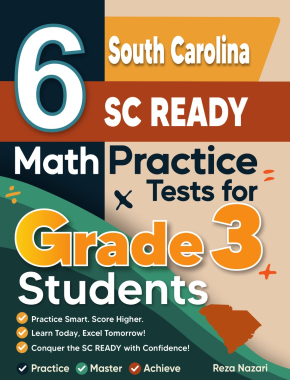
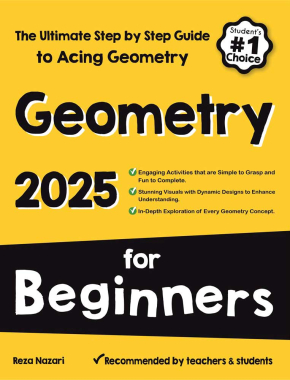

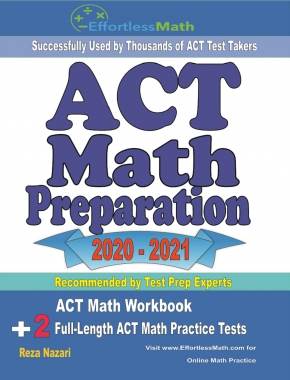
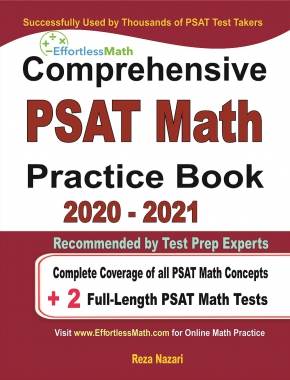
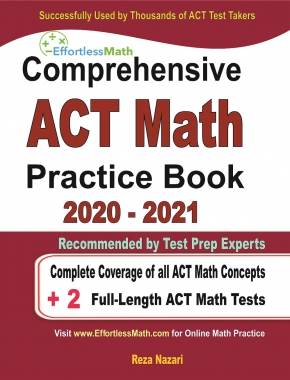
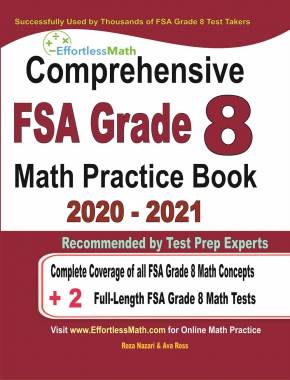
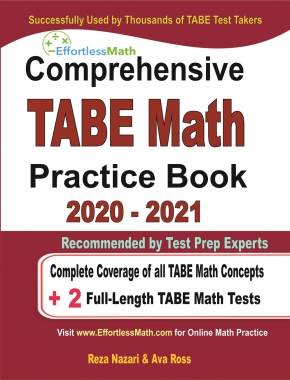
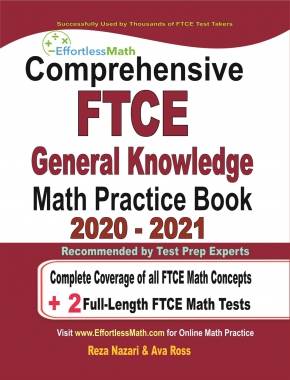
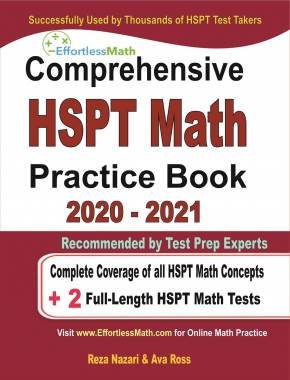

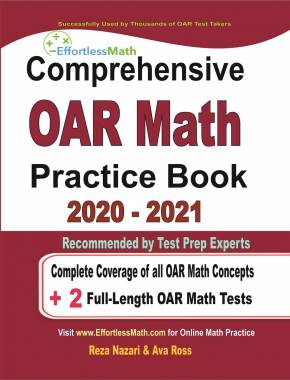
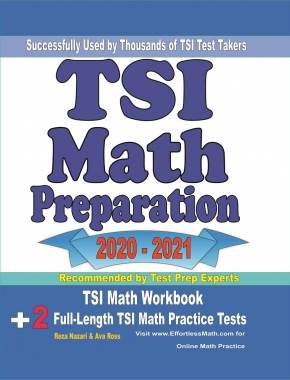
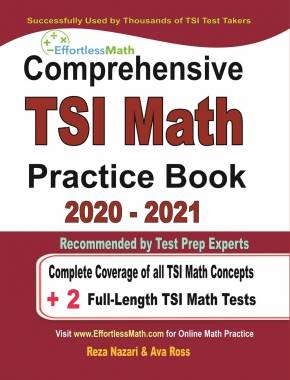
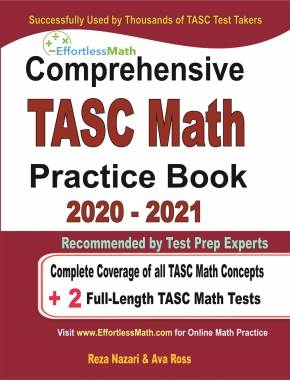
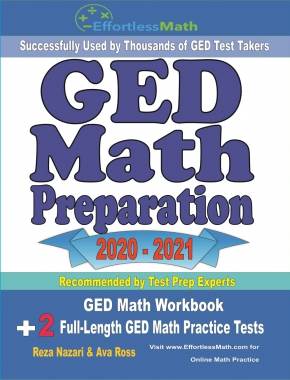
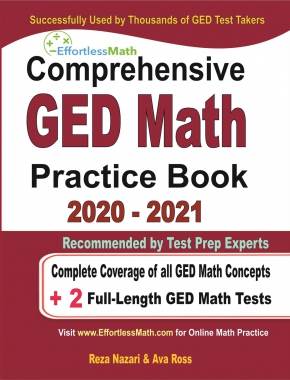




















What people say about "Do Speaking Clubs Boost Math Confidence? – The Power of Communication and Logic - Effortless Math: We Help Students Learn to LOVE Mathematics"?
No one replied yet.